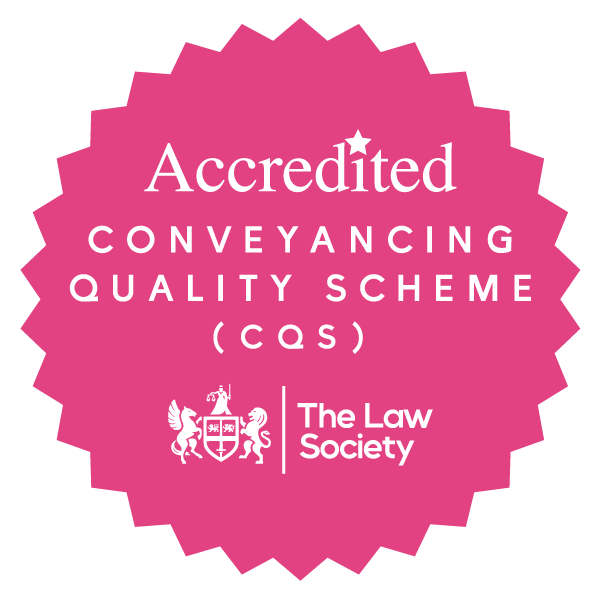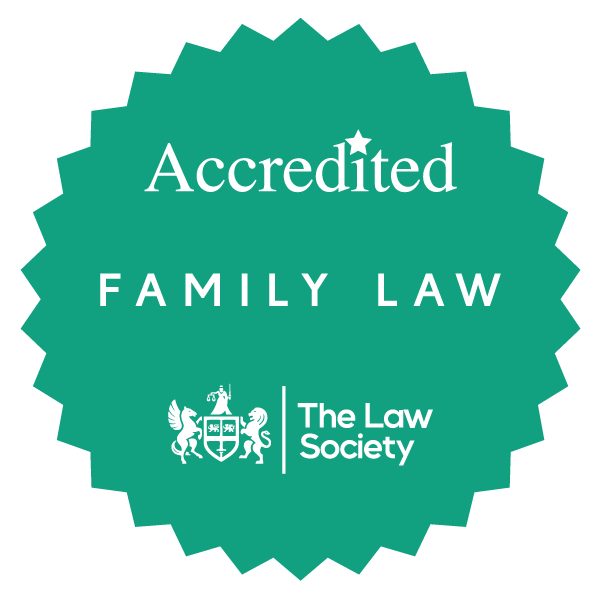Civil Partnerships Solicitors Enfield, Finchley, North London and Hertfordshire
Ending a civil partnership can have a major emotional and financial impact on all family members. Our Family Team at Curwens can give expert advice about the legal process of dissolving a Civil Partnership, related matters and children issues.
We understand the complexity of issues often faced by a same sex couple when separating. We also adopt a flexible approach to working with our clients with services available at a time and place that suits you.
A civil partnership is a legally recognised relationship between two people of the same sex. It only exists once it is registered and is similar to that of a marriage. The couple acquires rights and responsibilities similar to those of a married couple.
The Civil Partnership, as with a divorce, can only be dissolved by making the necessary application for dissolution to the Court. Dissolution is a legal process similar to divorce and it is not usually contested but involves a series of documents which are sent to a Judge for consideration without a Court hearing taking place. Civil Partners receive the same entitlements as a spouse who gets a divorce and you can also apply for financial provision by way of lump sum, property transfer, maintenance and pension sharing orders. Financial provision can also be applied for in respect of any child or children of the family.
In order to dissolve a Civil Partnership you must prove one of the following facts as in divorce:
- Unreasonable behaviour
- Two years separation with consent
- Desertion
- Five Years Separation
Adultery does not apply to Civil Partnership; it only applies to heterosexual partnerships and therefore cannot be used as a fact in dissolving a Civil Partnership.
If you feel you want to permanently bring an end to your Civil Partnership, Curwens family solicitors will advise you and guide you through all stages of the dissolution process.
Please note that Curwens is unable to offer advice under Legal Aid. Call us now to speak to one of our expert advisors or Request a Call Back.
Contact our Family Lawyers in Enfield, Finchley, North London and Hertfordshire today
Call us today or complete our online contact form and one of our family lawyers will be in touch to discuss your matter further.
FAQs
LIt can be, if you both had independent legal advice when the document was drawn up and none of your circumstances have changed substantially since you signed it. Even if it is no longer absolutely binding on you both, it is still evidence of what your intentions were in respect of any property or assets, and will therefore be taken into consideration by the court.
The agreement will be effective from the time you and your partner sign it.
The English courts now use the term Child Arrangements in respect of children. (In the past this has been called Residence and Custody) This means any decisions regarding who the children live with on a day-to-day basis, who else they spend time with and when these arrangements should take place. The courts prefer that wherever possible, parents agree the children arrangements amicably and solicitors can assist them in negotiating terms. It is also advisable to consider mediation or the collaborative process
It is a contract between two parties and is therefore governed by the law of contract.
The Separation Agreement is a contract and therefore the terms are usually legally binding upon you and your spouse. However, the family court may be persuaded to vary the terms in the Separation Agreement if they do not appear to be fair and reasonable, the document is not properly executed, there is a change in circumstance for one party, or one party claims they were pressured into entering into the Agreement.





















